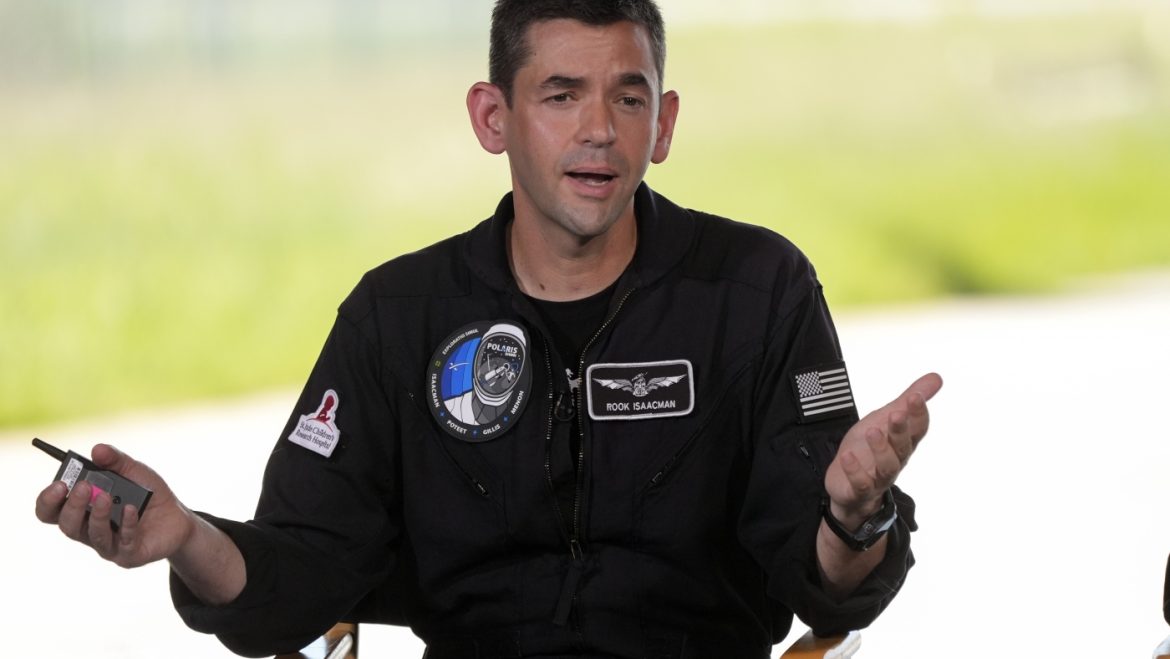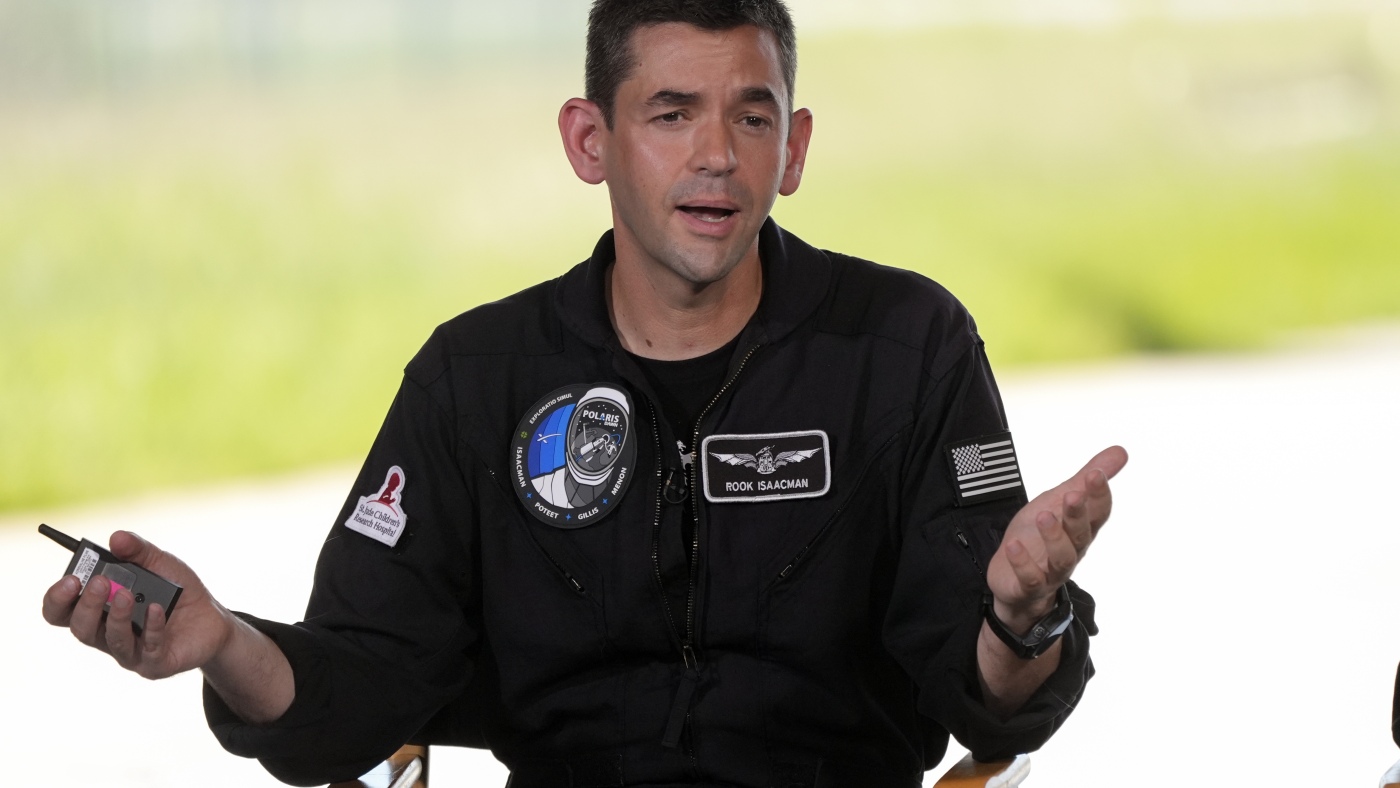The recent developments around Jared Isaacman’s nomination to lead NASA reflect a significant pivot in the Trump administration’s approach to the agency’s leadership, with various news outlets reporting that President Donald Trump has decided to withdraw this nomination. Isaacman, a billionaire entrepreneur and well-known associate of Elon Musk, was initially viewed as a notable and somewhat unconventional choice to head NASA, a role typically filled by experienced scientists, government officials, or aerospace professionals.
Background: Jared Isaacman’s Candidacy and Profile
Jared Isaacman emerged as a prominent figure in the commercial spaceflight sector, largely due to his entrepreneurial success and active participation in space missions. While not a scientist by training, Isaacman’s passion for space exploration and his association with innovative space companies, particularly those linked to Elon Musk, positioned him as a candidate embodying a private-sector approach to space administration. Many regarded his nomination as a break from traditional NASA leadership paths, potentially signaling a greater embrace of commercial space ventures and visionary entrepreneurship within the agency’s strategic direction.
The Withdrawal: Context and Implications
According to multiple headlines from sources such as ABC News, PBS News, and the Associated Press, President Trump’s decision to withdraw Isaacman’s nomination followed thorough consideration of Isaacman’s prior associations. Though explicit details behind the withdrawal have not been publicly detailed, the close relationship between Isaacman and tech billionaire Elon Musk—known for his leadership at SpaceX—appears to have been a factor scrutinized during the review process. This withdrawal might reflect the complexities and political sensitivities surrounding key appointments to NASA, particularly when nominees have strong ties to commercial space ventures that sometimes operate in competitive or controversial spaces.
This move brings into focus the challenges the administration faces when balancing political, scientific, and economic interests within NASA’s leadership. It is a reflection not only of the political vetting process but also of the broader questions about how NASA should position itself in the increasingly privatized and commercialized arena of space exploration.
Potential Impact on NASA’s Direction
Isaacman’s nomination had generated interest because of his non-traditional background and enthusiasm for advancing spaceflight from a commercial perspective. His withdrawal leaves open questions about the future direction NASA will take regarding partnerships with private space firms. With Isaacman stepping back, the leadership slot may revert to candidates with a more traditional government or scientific profile, or open the door for another figure from the private sector with a different background.
The development highlights a tension between NASA’s historical roots as a government agency focused on research and exploration and the growing influence of private companies in space technology and missions. Isaacman’s passion for space, despite not being a scientist, represented an optimistic bridge toward future human space endeavors, but the administration’s choice to backtrack suggests that political calculations and the need for broader acceptability within government and public spheres remain decisive.
Broader Political and Industry Reactions
Public commentary around Isaacman’s nomination has been mixed. Some observers considered him one of the few “legit” nominees who brought a genuine passion for space exploration, even if his expertise was more entrepreneurial than scientific. Others questioned whether his close ties to Musk and private space industries could complicate NASA’s mission or priorities.
The withdrawal is also a reminder of how closely scrutinized NASA’s leadership appointments can become, especially amid the increasingly intertwined relationships between government agencies and influential private tech and space companies. This situation underscores the delicate balancing act involved in appointing leaders who can navigate the space agency’s evolving mission in a politically charged environment.
—
Conclusion: A Turning Point for NASA’s Leadership Path
The withdrawal of Jared Isaacman’s nomination to head NASA marks an inflection point reflecting the intersection of politics, private enterprise, and public trust in the governance of the nation’s space program. Isaacman’s profile—marked by entrepreneurial drive and space enthusiasm—offered a glimpse into a potential future where commercial space pioneers could lead government space efforts. However, the decision to withdraw his nomination highlights continuing tensions in reconciling innovation ambitions with political realities.
As NASA continues to steer through an era characterized by rapid technological change and growing commercial involvement, leadership choices will remain pivotal. This episode emphasizes how key appointments are scrutinized not only for individual qualifications but also for the broader signals they send about NASA’s priorities and the delicate relationship between public institutions and private innovators.
What unfolds next in NASA’s leadership will reveal much about the administration’s vision for space exploration and the role of entrepreneurial spirit versus traditional expertise in shaping humanity’s cosmic future. The story of Jared Isaacman’s nomination and its reversal is a compelling chapter in that ongoing narrative.


